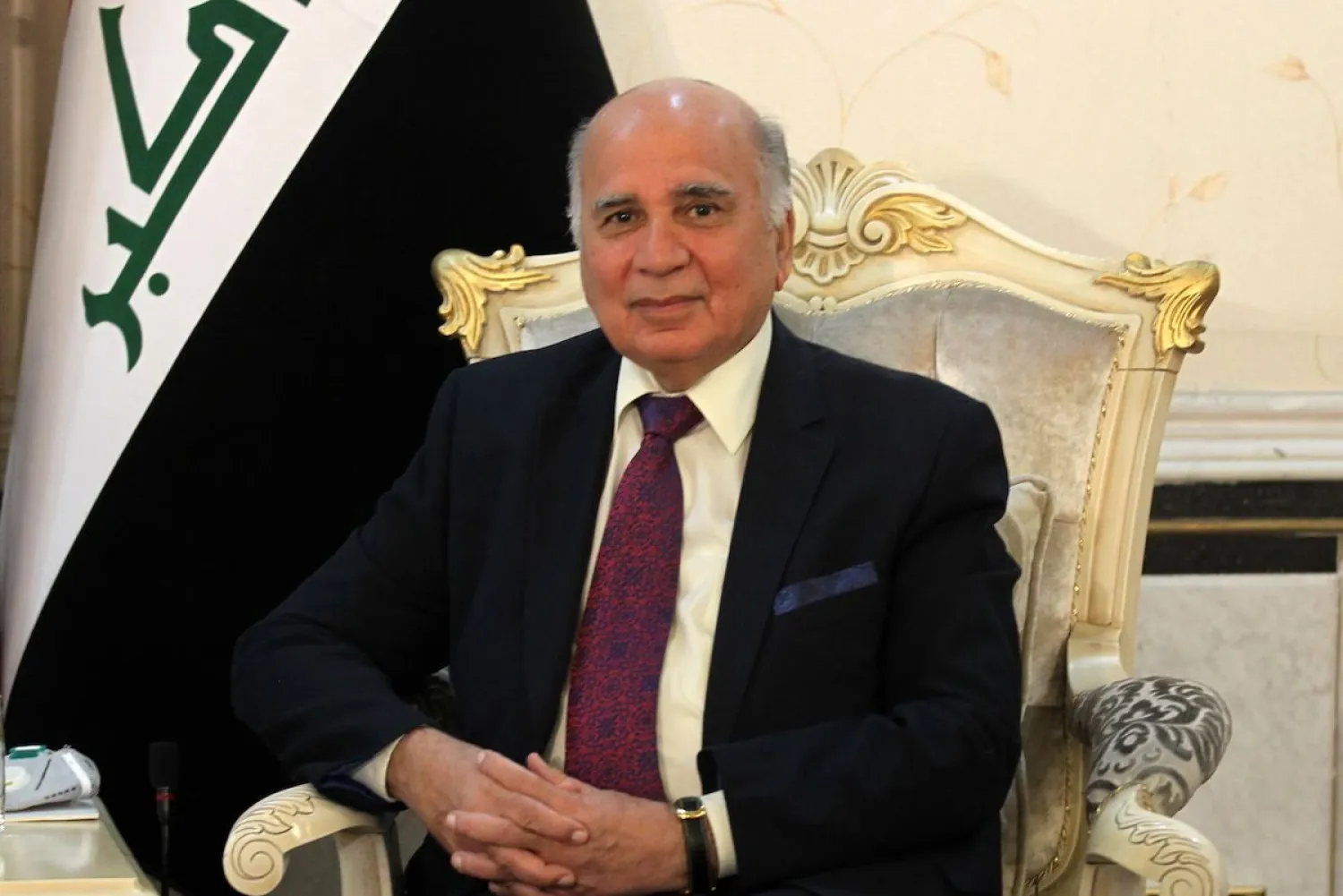Iraqi Foreign Minister Fuad Hussein thanked NATO for its support to Baghdad in defeating the terrorist organization ISIS.
During talks with NATO Secretary-General Jans Stoltenberg in Brussels, the Iraqi FM said he recognized NATO for backing Baghdad in defeating the extremist group.
He stressed the importance of the role played by the international community and NATO in particular in training Iraqi security forces and developing their military capabilities in order to achieve the final victory over the remnants of ISIS, and to eliminate its cells.
Hussein and Stoltenberg also tackled the latest developments in the ongoing negotiations between the two sides to complete the supplementary arrangements document for the work of the NATO mission in Iraq.
Hussein called on the European Commission to remove the name of Iraq from the list of high-risk countries in terrorist financing and money laundering.
His request came at a meeting with Josep Borrell, the High Representative for Foreign Affairs and Security Policy in the European Union, at the European Commission headquarters in Brussels.
The Iraqi FM invited the relevant authorities in the commission to accelerate the launching of dialogue with the relevant technical authorities in Iraq in order to complete the evaluation of Iraq's performance, and remove it from the list.
He extended an invitation to Borrell to visit Iraq at the earliest possible opportunity to discuss means of strengthening bilateral relations between the two sides.
The EU had placed Iraq and several countries on its money-laundering list for posing significant threats to the financial system of the Union because of failings in tackling money laundering and terrorism financing.
In Brussels, Hussein discussed the government's decision to hold early elections next June.
He also affirmed Iraq's commitment to respecting the sovereignty of states and non-interference in their internal affairs, expressing his categorical rejection of Iraq turning into an arena for conflict between rivals, or a starting point for aggression against any other country, stressing the need to support Iraq's efforts to be a stabilizing factor.
On Thursday, the Security Media Cell announced that 4 ISIS hideouts were destroyed in an airstrike by international coalition aircraft in the Hamrin Mountains.
Separately, four members of the 16th Brigade in the Popular Mobilization Forces were killed in an attack by ISIS elements and an explosive device exploded targeting their convoy while they were heading to support PMF fighters in the village of Sheikh Sami Al-Assi, in Taza district, south of Kirkuk.









